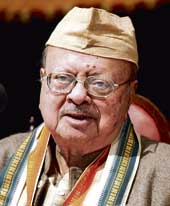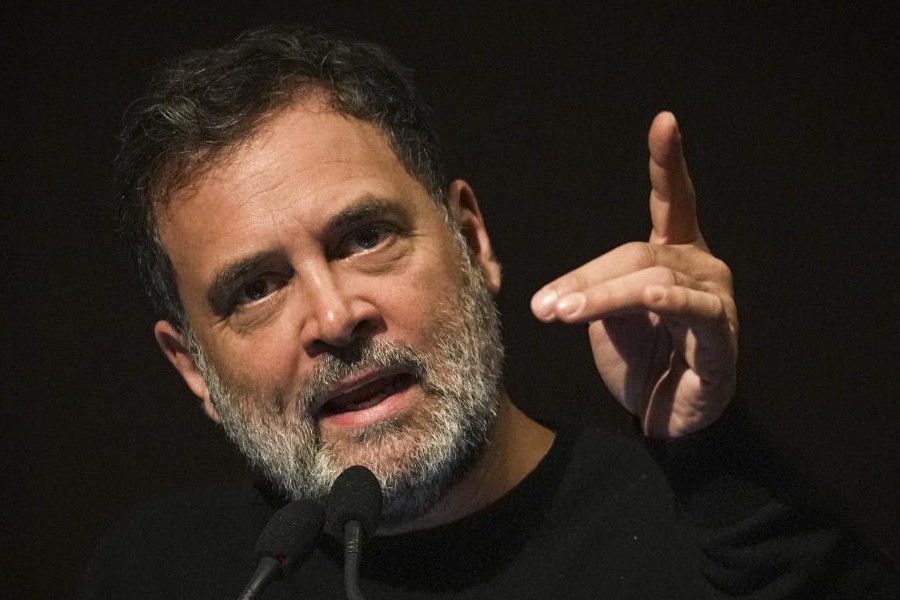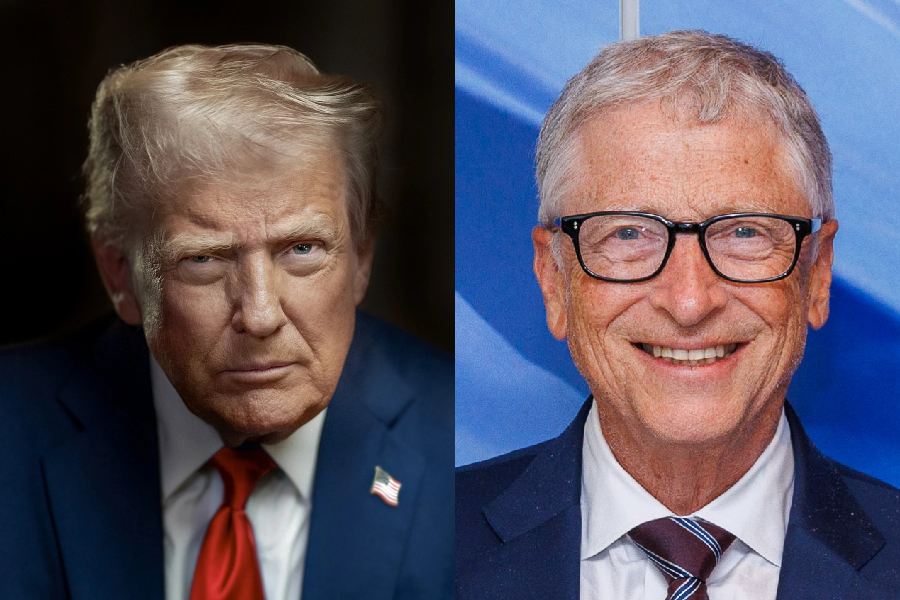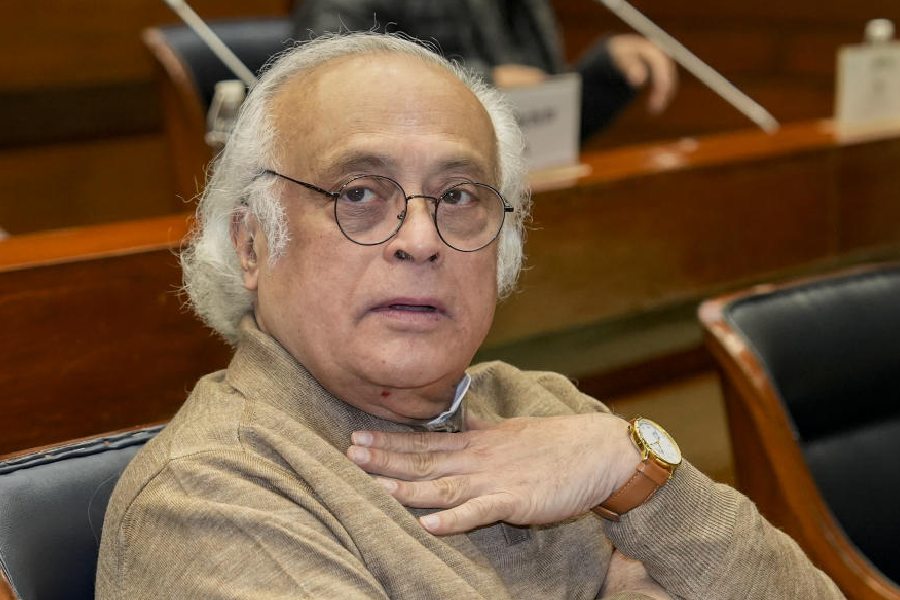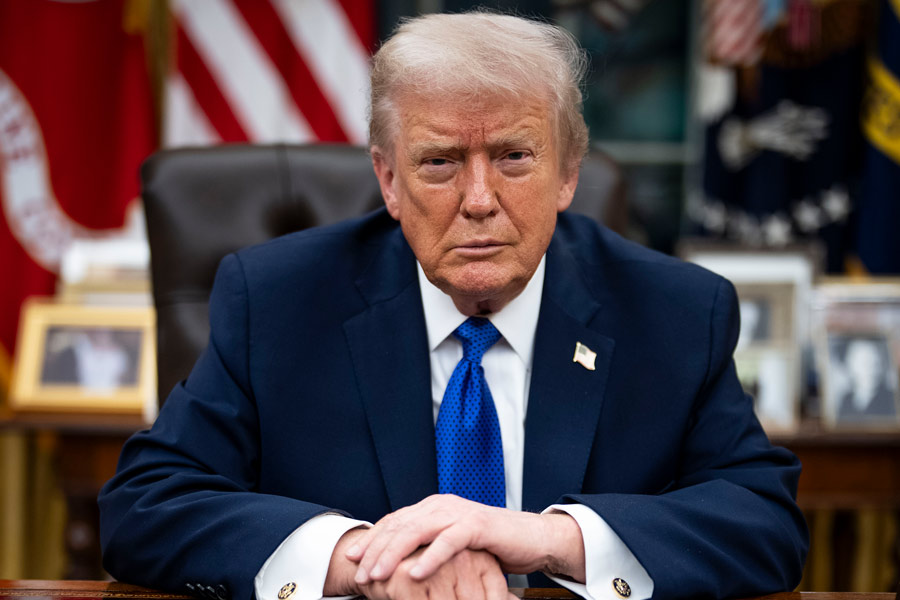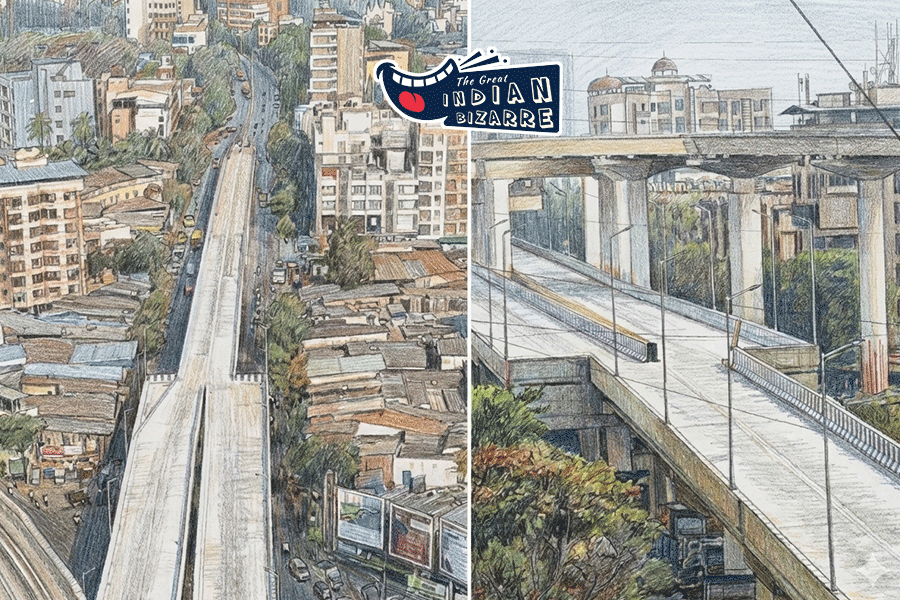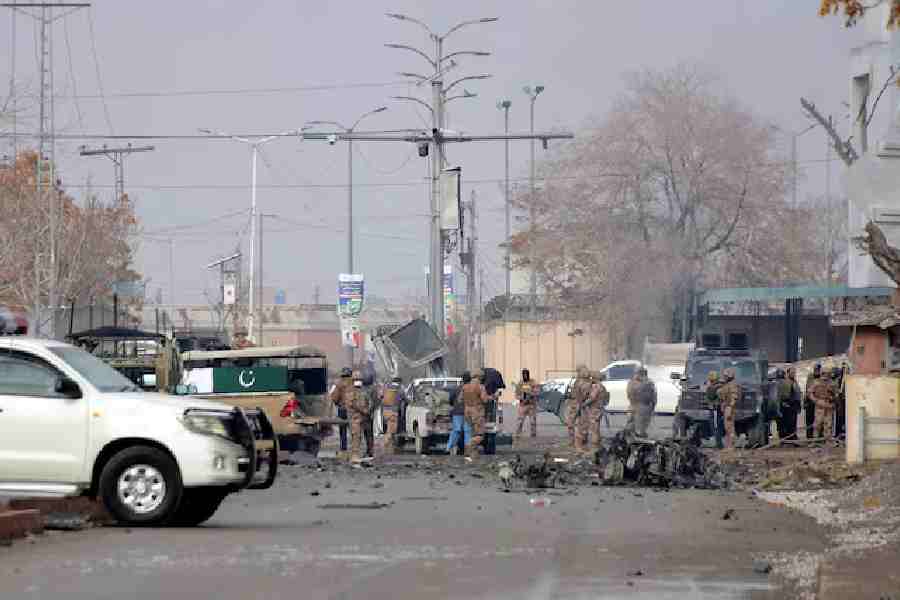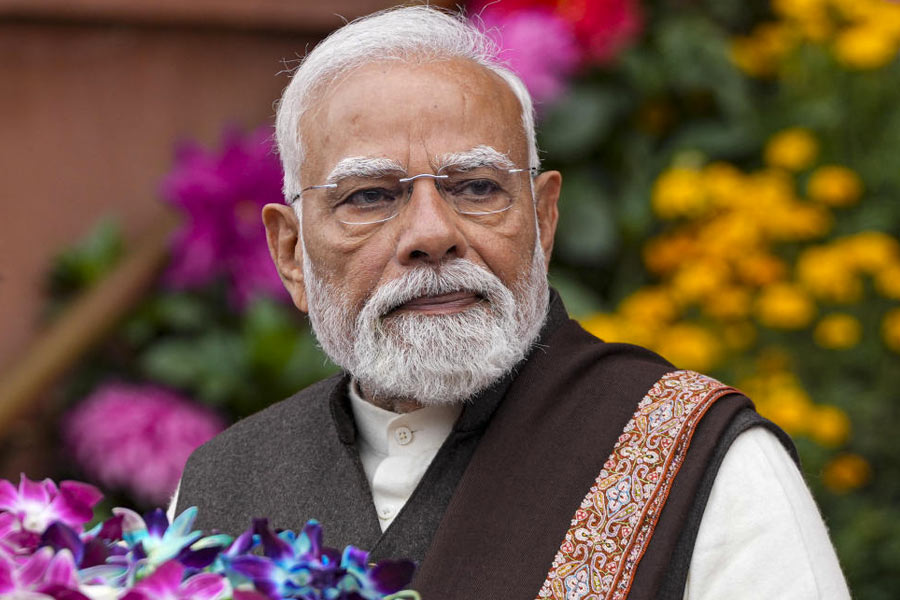 |
| Pratap Chandra Chunder |
Pratap Chandra Chun- der’s aristocratic class origins, which once gave him an edge in Bengal’s politics, became a liability when the nature of politics changed.
He belonged to — and represented — an era in politics when educated people from the rich and the leisurely classes made natural political leaders. Gandhian politics and the Congress, too, were their natural choices.
But mass politics became too hot for such gentlemen politicians, especially after the rise of the CPM and the stormy days of Naxalite violence. The rough and tumble of electoral politics was something that leaders like Chunder were not trained in. They had neither the temperament for it nor an ability to survive and thrive in it.
It was easier for men of humbler class and economic backgrounds such as Prafulla Chandra Sen and Atulya Ghosh to take control of the chaotic and demanding mass politics. Such men became mass leaders of the Congress, while those to the manor born receded into the background. Their only hope was to survive as parlour politicians. Or they could survive and succeed by virtue of their leadership or professional merit, as Bidhan Chandra Roy did.
Chunder could not even acquire the political or administrative skills of someone like Siddhartha Shankar Ray.
By the time the next generation of Congress leaders — like Priya Ranjan Das Munshi, Subrata Mukherjee, Somen Mitra and later Mamata Banerjee — was emerging on the scene in Bengal, Chunder became an anachronism.
He felt too out of place in the Congress and left it in order to join the Janata Party.
Chunder’s family and educational background helped him become the Union minister for education in the Morarji Desai government in 1979, but his ministerial success was limited.
Long after he had bowed out of active politics, Chunder carried on with a sort of public life, presiding over cultural events and speaking at small gatherings on non-controversial issues.
But Chunder remained true to his old-world values of non-violence, honesty and integrity in public life, while knowing that success in today’s politics had little to do with these values.

